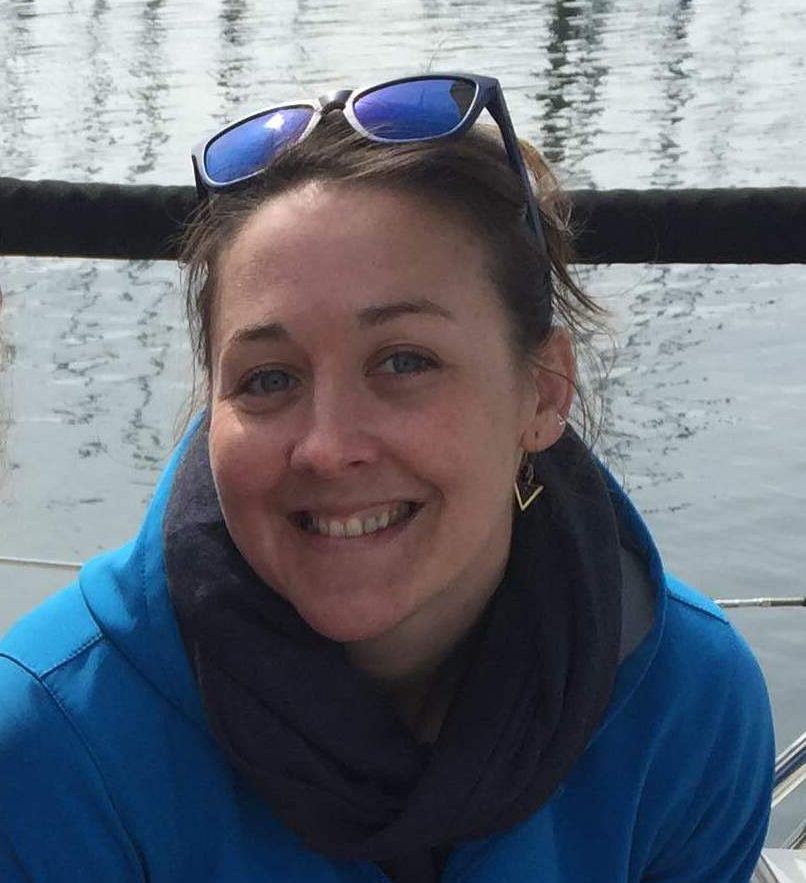Our world-leading marine research underpins a wide range of undergraduate and postgraduate programmes: Research-led teaching | Exeter Marine | University of Exeter. In our Graduate in Focus series we look at the achievements of our MSc graduates who have excelled in conservation around the world since studying with us.
Today we meet Tammy Davies, MSc Conservation and Biodiversity graduate (2008) and now a marine science officer at Birdlife International!
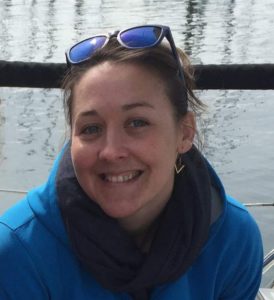
Hi Tammy! First off, why don’t you tell us a bit about what you have done since graduating from your MSc in 2008?
After finishing my MSc, I worked as a research assistant on a human-elephant conflict mitigation project in NE India, supported by Chester Zoo. I then went on to complete a PhD at the University of St Andrews and ZSL, researching the impacts of land use change on biodiversity and people in the Solomon Islands. After finished my PhD I undertook a postdoctoral position at the University of Victoria (BC, Canada) on the social and ecological effectiveness of large marine protected areas – a global meta-analysis, and moved to BirdLife International as a Marine Science Officer almost 3 years ago.
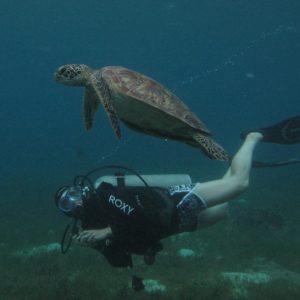
So, what did you enjoy most about studying your MSc?
The highlight was having a longer period of time dedicated to a research project, and this was what first attracted me to the course. It was great to have an intense teaching period, and then a good amount of time to focus on a research project, and use new skills learnt during the previous few months.
The best part was the enthusiasm of the staff for what they do – it was such a change from my undergraduate degree, and a great environment to be a part of. I found the course really well structured and balanced between taught modules, external speakers, field trip, and longer research project.
Cornwall is an incredibly beautiful part of the UK – I loved being so close to the sea, and having opportunities to take part in basking shark surveys, try surfing, and general outdoorsy-ness, which is so much easier when the sea is on your doorstop.
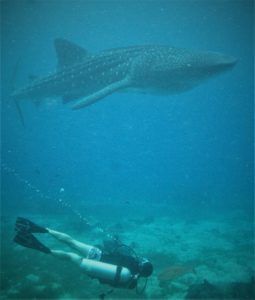
How did the MSc help prepare you for your career in research?
The course was applied and focused, and was great training for my career. In particular, the focus on writing all assignments as scientific papers, and learning R, were the two skills that have definitely been the most beneficial for my subsequent work.
As an added bonus, it also provided a network of people within the conservation field, both peers and alumni. It’s incredible how many people I have met around my current work place who are fellow Penryn conservation alumni!
Thanks Tammy!
You can follow Tammy on Twitter!
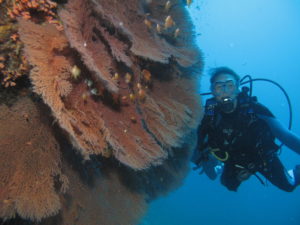
If you want to find out more about any of our suite of #ExeterMarine Masters and Undergraduate courses use the links below!MSc
- NEW: MSc in Marine Environmental Management
- NEW: MSc in Marine Vertebrate Ecology and Conservation
- MSc in Conservation and Biodiversity
- MSc in Conservation Science and Policy
- MSc in Evolutionary and Behavioural Ecology
- MSc in Sustainable Development
- MSc in Environment and Human Health
- MSc in Renewable Energy Engineering
- BSc Marine Biology
- BSc Zoology
- BSc Environmental Science
- BSc Conservation Biology and Ecology
- BSc Evolutionary Biology
- BSc Animal Behaviour
- BEng Renewable Energy Engineering

